Table of contents
Key Takeaways
Women with PCOS often become worried about their overall health and how the condition affects organs like their heart and brain. Living with PCOS involves weight gain, insulin resistance, infertility, painful periods, and more. These women's bodies are constantly fighting many battles all at once.
Are PCOS heart palpitations normal, and what are PCOS cardiovascular risks? Let's dive into PCOS heart health.
What Is The Connection Between PCOS & Heart Health?
Yes, common factors can affect both a woman's reproductive health and cardiovascular health. One study has declared PCOS to be a real cardiovascular risk factor that seriously affects the quality of life. PCOS is one of many leading factors of metabolic syndrome, with the main areas of concern including:
- High blood pressure
- High cholesterol
- High BMI (obesity)
- Unhealthy diet and lifestyle
- Prediabetes and diabetes
- Smoking
- PCOS
If you have PCOS and are dealing with one or more of the above factors, you are at a higher risk of metabolic syndrome and heart disease. But how is heart disease directly associated with PCOS?
Insulin Resistance
Insulin is necessary to turn food into sugar (glucose) for energy. PCOS is highly associated with the body not properly using insulin, and this condition is called insulin resistance. Insulin resistance causes the pancreas to overproduce insulin to make up for the poor usage. If cells continue to have a weak response to insulin, a patient can develop hyperglycemia, then prediabetes, then finally, type-2 diabetes. All of which lead to heart disease, heart failure, and strokes.
PCOS insulin resistance is seen in 70-95% of obese PCOS patients and 30-75% or leaner PCOS patients. This proves the vast number of women dealing with PCOS insulin resistance, as 4-20% of women globally are dealing with PCOS.
High Cholesterol & Atherosclerosis
High cholesterol is usually associated with what we are eating and our lifestyle. Women with polycystic ovary syndrome are at a higher risk of elevated cholesterol, triglyceride levels and a low amount of high-density lipoprotein (good cholesterol). An unhealthy amount of cholesterol can lead to atherosclerosis which is fatty plaque build-up in our heart arteries.
Atherosclerosis will occur in the coronary arteries, which supply the heart muscle. This condition is highly damaging to our heart's blood vessels, causing blood clots and abnormal blood flow. It can directly lead to heart attacks, heart failure and strokes.
Do Ovarian Cysts Cause PCOS Heart Palpitations?
Heart palpitations are a symptom that some women with PCOS will experience. PCOS heart palpitations can often be associated with hormone imbalances and thyroid conditions, not ovarian cysts.
While more research needs to be done, one study connected androgen dihydrotestosterone (DHT), PCOS and cardiac hypertrophy. Excess DHT was causing cardiac hypertrophy, which is the enlargement of the heart. This does not allow the heart to pump blood properly. It results in chest pain, heart palpitations, loss of breath, cardiac arrest and strokes in severe cases.
There have also been claims that the popular drug Metformin has caused heart palpitations. Metformin is a commonly used drug to help manage conditions that do not use insulin properly, such as type 2 diabetes and PCOS. Around 12% of patients taking Metformin experience side effects like sweating, heart palpitations, and rashes.
If you experience chest pain or heart palpitations, it is crucial to speak to your physician. While heart palpitations can be caused by anxiety, they can also be linked to more severe heart conditions.
PCOS Cardiovascular Risks
So, while PCOS itself does not cause heart disease, it can be a significant contributing factor. This is why managing your PCOS cardiovascular risk, PCOS insulin resistance, and overall health is so important.
Some of the tops ways to reduce your risk of developing cardiovascular disease include:
- Maintaining a healthy weight
- Avoiding excess fats and salts in your diet
- Quitting smoking
- Managing your PCOS insulin resistance
You are not in this alone! Elan Healthcare produces all-natural supplements helping women take back control of their bodies. Our PCOS management supplement, Ovofolic, allows women to manage their PCOS symptoms, decrease PCOS cardiovascular risks, and improve fertility.
For PCOS products, resources and information, explore our website or get in touch! We are happy to help you determine which product might be best for you and your journey with infertility.



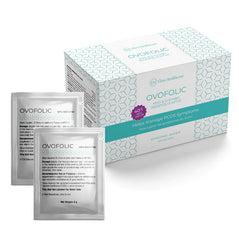

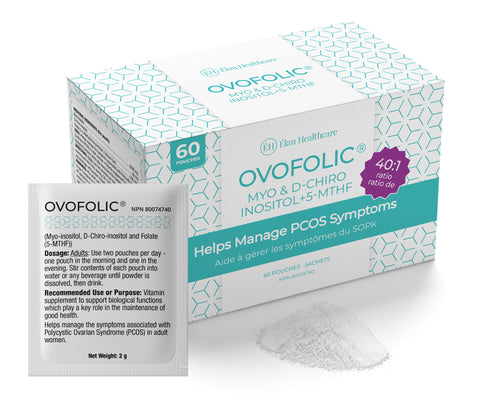
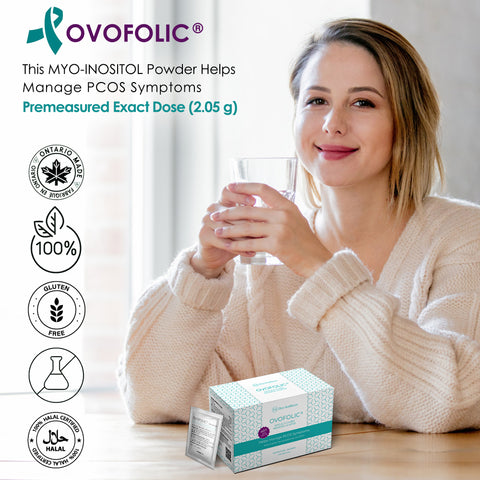
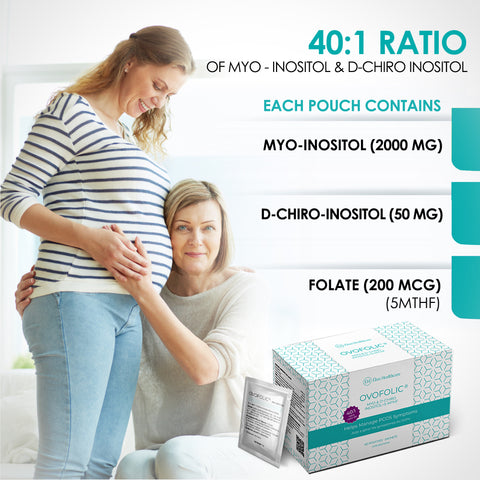

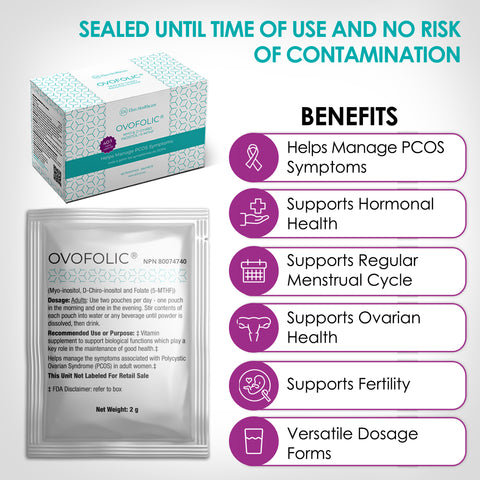
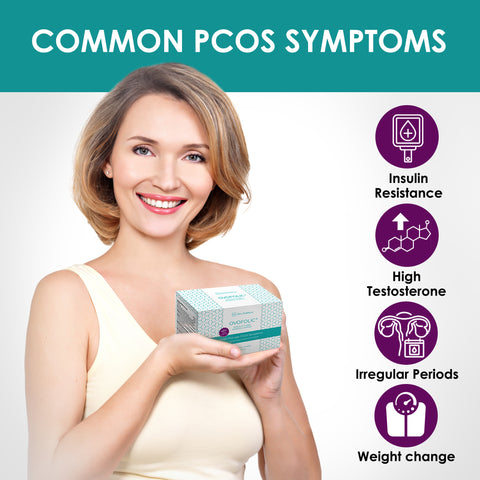
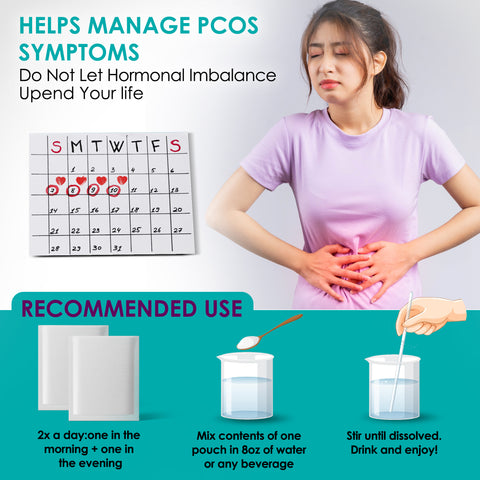
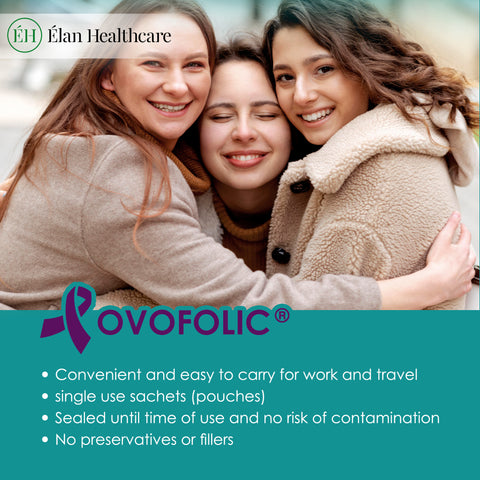
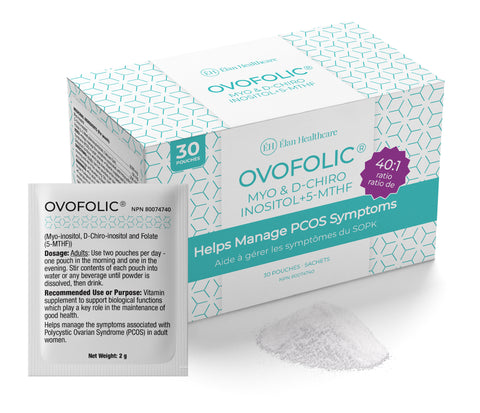

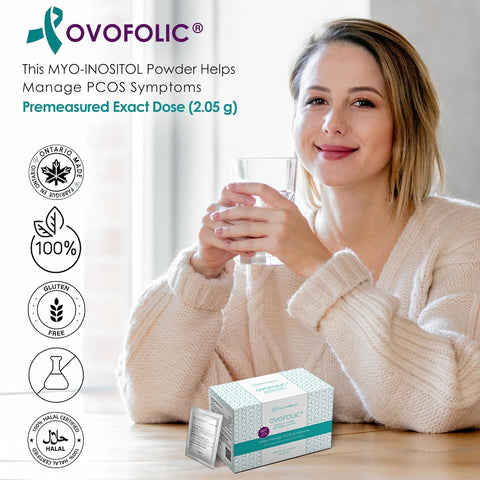
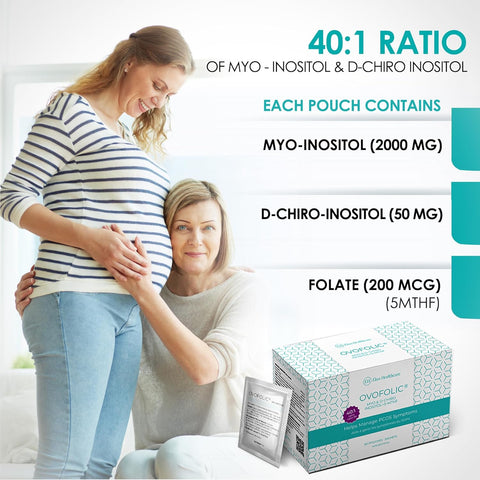

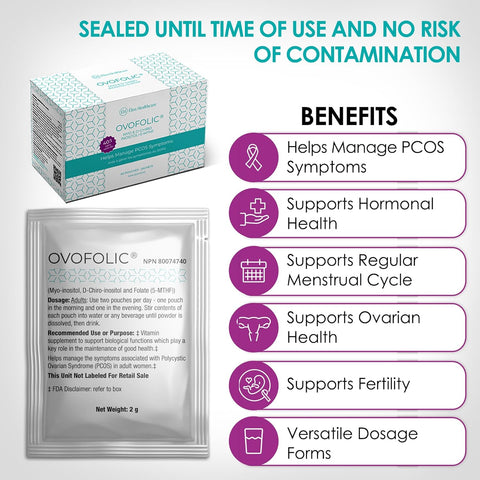
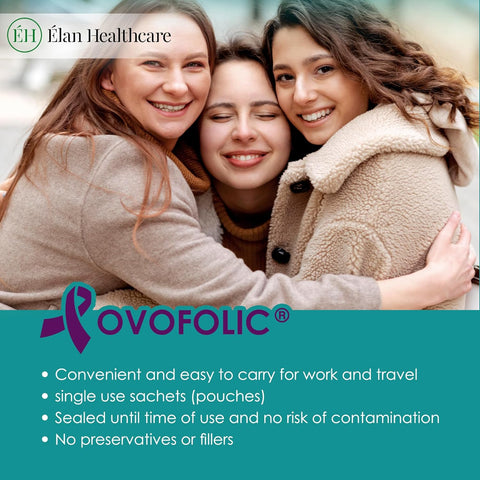
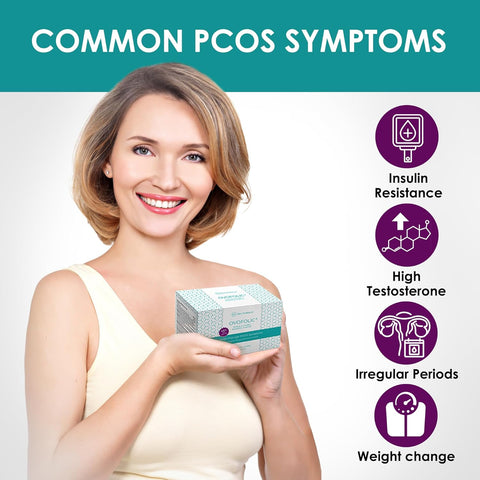
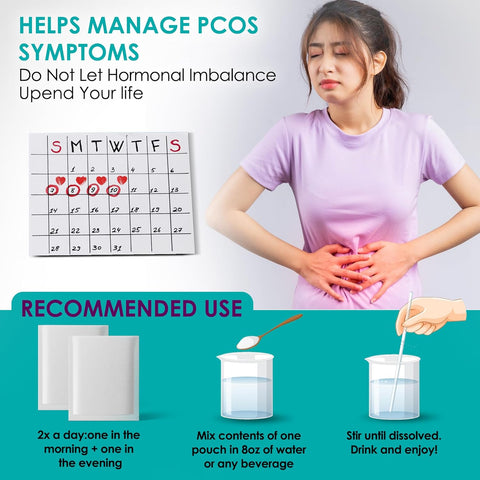











No comments yet.
There are no comments for this article. Be the first one to leave a message!
+ Open to leave a Comment